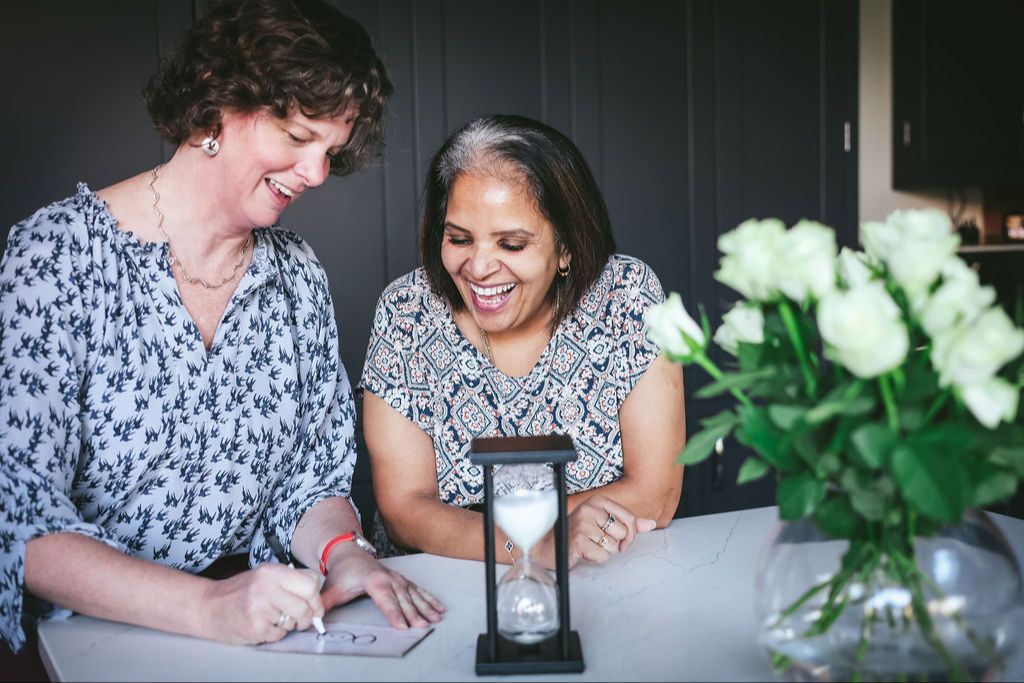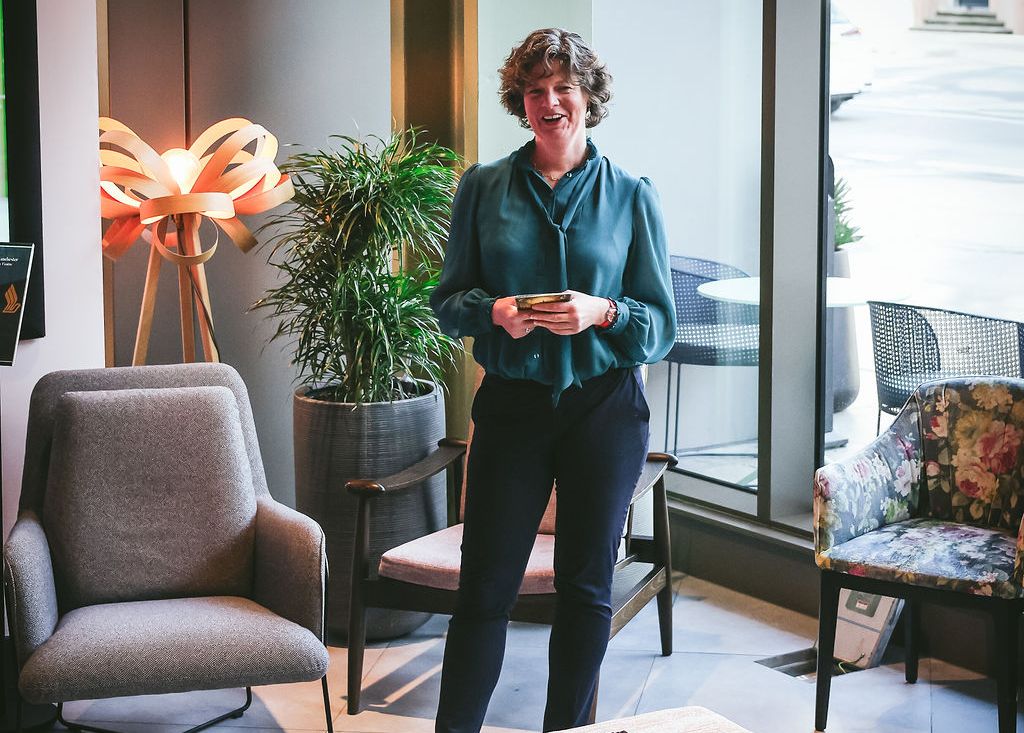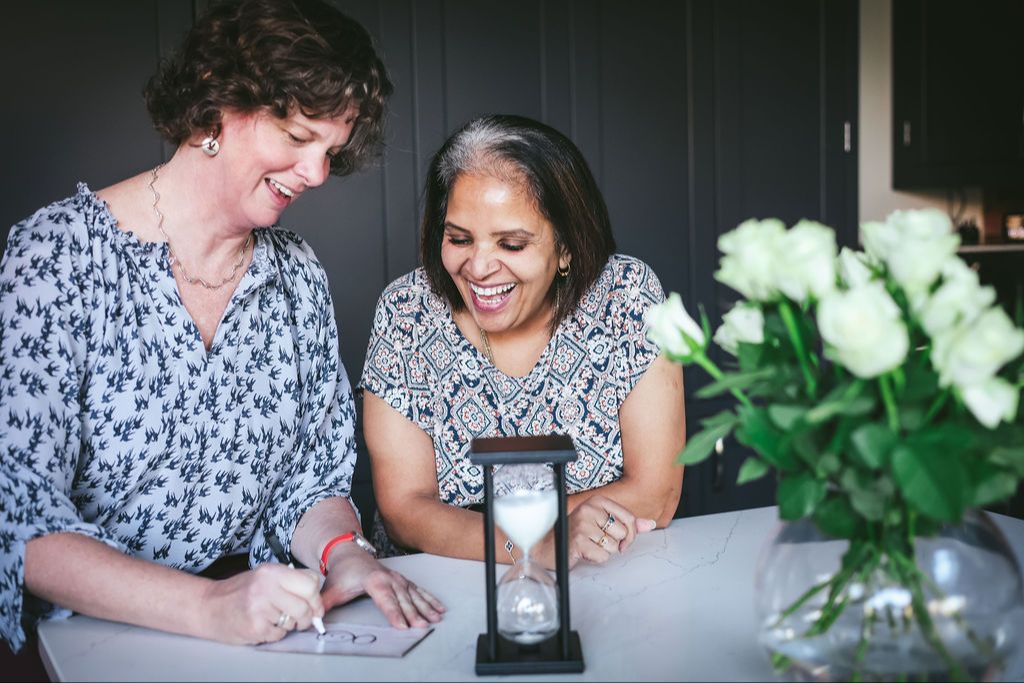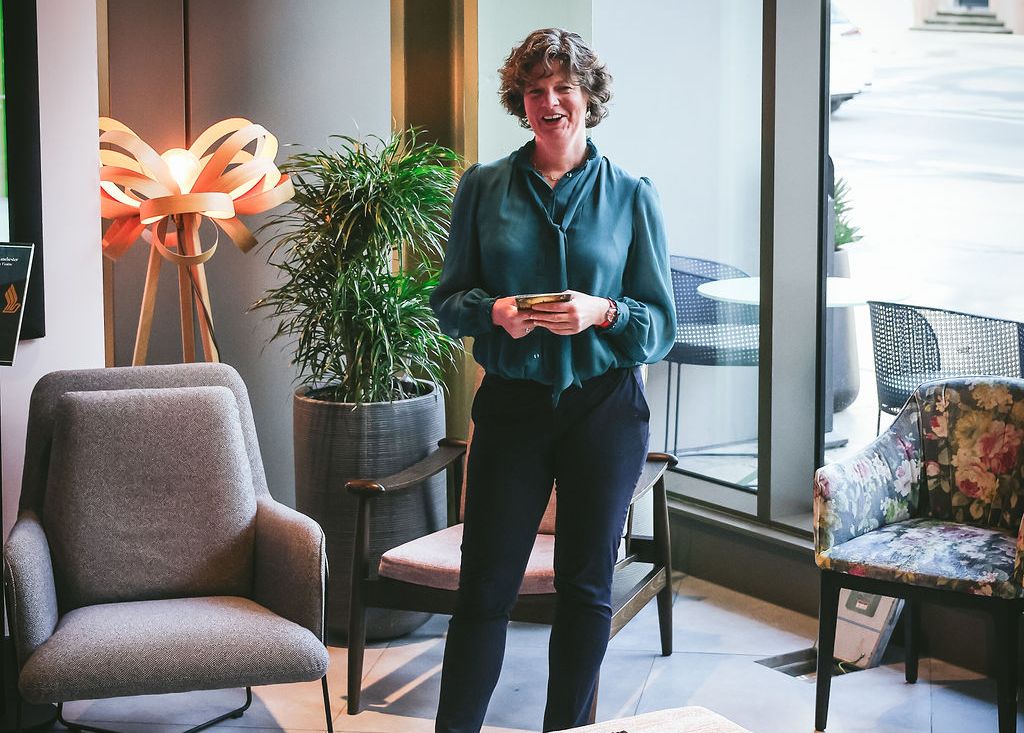When Children Can't Tell Their Story
Sep 24, 2025One in five children in the UK experiences adverse childhood experiences: abuse, neglect, family turmoil, or household dysfunction that fundamentally shapes their development. These are not just difficult memories. They are experiences that rewire developing brains, embedding stress responses that can persist throughout life.
In a Year 6 classroom in Bradford, a teacher noticed something during a StoryQuest session. One student, usually quiet and struggling academically, came alive when telling his story. It featured otters. When he stood up in front of his class to read it aloud, the room was silent. Then his classmates applauded. No jeering. No teasing. Just genuine celebration. For the first time all year, he was engaged in school.
The teacher did not need a psychology degree to understand what had happened. Through his story, this child had found his voice. And through his classmates' response, he had discovered it was worth using.
Neuroscience tells us that when children narrate experiences, whether real or imagined, they engage neural pathways that help transform overwhelming feelings into coherent narratives. Children reclaim identity and agency. They move from feeling like things that happened to them to feeling like people capable of shaping outcomes. Expressive storytelling consistently reduces stress and improves emotional wellbeing, particularly for children who may never access formal counselling.
UK schools have reduced arts and creative programmes by 40% since 2010, cutting the very activities that build resilience and emotional literacy. In family courts and social services, children's voices are frequently sidelined. The NHS spends one pound in every six treating trauma-related conditions. Research shows that one pound spent on prevention saves fourteen later. Prevention requires giving children opportunities to express themselves before crisis hits.
StoryQuest creates weekly spaces where every child's story matters. Children tell stories aloud, removing the barrier of spelling and handwriting anxiety. They work with partners, building trust. They own their narratives completely. They get published regardless of technical ability. Across 465 children in 9 schools: 100% positive engagement including children with SEND and trauma histories, zero behavioural incidents, consistent improvements in emotional regulation, and children disclosing meaningful feelings through fiction for the first time.
Tom Hirst at Dixon's Manningham said: "Even the kids who don't like writing didn't want to leave. They wanted more." Thieb Khan at Beckfoot Nessfield said: "The freedom to express ideas without strict constraints has empowered pupils to take risks and develop confidence in their own voices."
This is prevention in action. Not waiting for crisis. Creating weekly opportunities for children to be heard, valued, and empowered before they reach breaking point.





